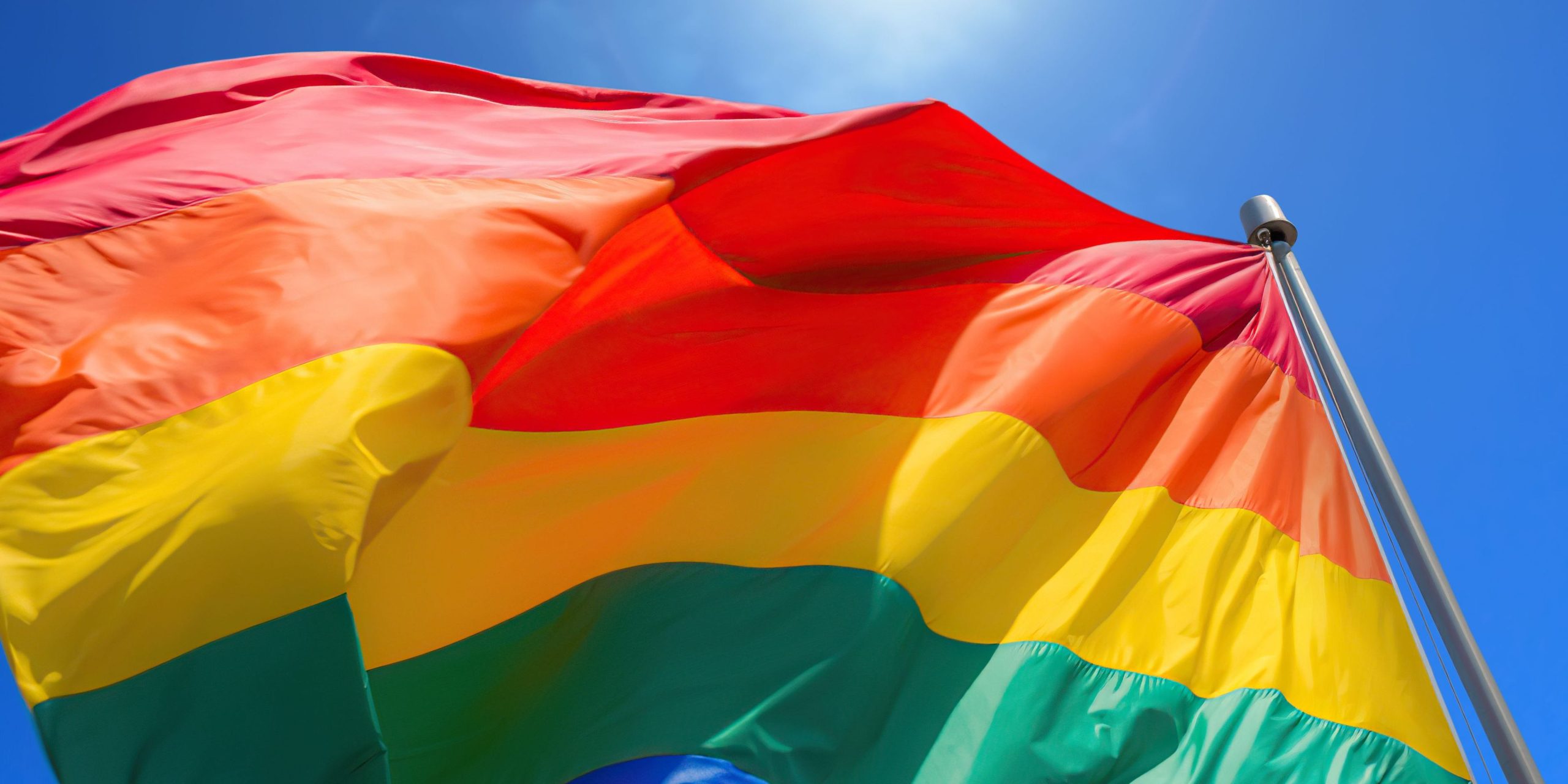A joint statement says a single question is inadequate to capture a full picture of LGBTQIA+ Australia and its health needs.
The about-face inclusion in the 2026 census of one sexuality question has fallen flat, with 100 LGBTQIA+ peak bodies, experts and organisations jointly calling for data to be collected on gender, and innate variations of sex characteristics as well as sexual orientation.
After a Human Rights Commission complaint over the 2021 census’s exclusion of LGBTQIA+ people, an apology from the Australian Bureau of Statistics and years of consultation around fixing the omission, the Albanese government caused outrage 10 days ago when it abandoned its promise to ensure this data was collected in 2026.
Pressed for an explanation, government members cited a reluctance to cause “division”. But on Friday Prime Minister Anthony Albanese said one question on sexual orientation would now be included.
Led by LGBTIQ+ Health Australia, the joint statement calls on the government to end the “uncertainty and unhelpful discourse” and to let the ABS “do its job”.
It says the questions outlined in the ABS’s Standard for Sex, Gender, Variation of Sex Characteristics and Sexual Orientation Variables, 2020 are “not complicated” and are already in use in other studies and datasets.
“The absence of relevant census data for LGBTIQ+ populations means that health policy, programs and services cannot be accurately targeted, leading to increased healthcare costs and inefficient use of public resources,” it says.
“Meaningful inclusion of these topics in the census is essential as there are no alternative data sources or solutions available to politicians, bureaucrats, researchers and health practitioners that meet the need for health and social planning.
“In the same way that asking a gender question will not collect information on sexual orientation and vice versa, it is not possible to collect information on people with innate variations of sex characteristics through a question on gender or sexual orientation.
“Only by asking separate questions on innate variations of sex characteristics, sexual orientation and gender will data on these populations be captured with meaning and purpose.”
Related
Alastair Lawrie, a member of the advisory committee helping the ABS draft new questions, quit upon the announcement there would be no new questions.
“We know that trans and gender diverse people, and people with innate variations of sex characteristics, often have different health requirements, and can have significantly worse health outcomes, than other Australians,” he told the ABC.
“By excluding this data, it means that governments can pretend that these problems don’t exist and don’t need to be addressed.”
Members of the public can add their support for the joint statement here.





